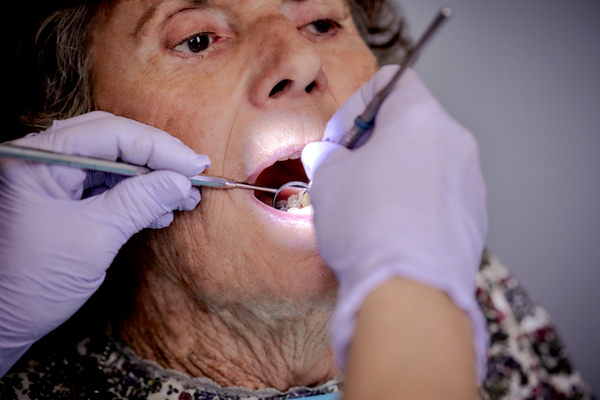In 2025, the connection between gum health and systemic disease has moved from speculation to scientific consensus. What’s happening below your gum line can influence your brain and your heart, because these things are all connected—and periodontists are on the front lines of this discovery.
Gum disease, or periodontitis, is a chronic inflammatory condition that affects nearly half of adults over 30 and up to 70% of adults over 65. It’s more than a dental concern—research now shows that untreated periodontal disease can raise the risk for both Alzheimer’s disease and cardiovascular conditions.


